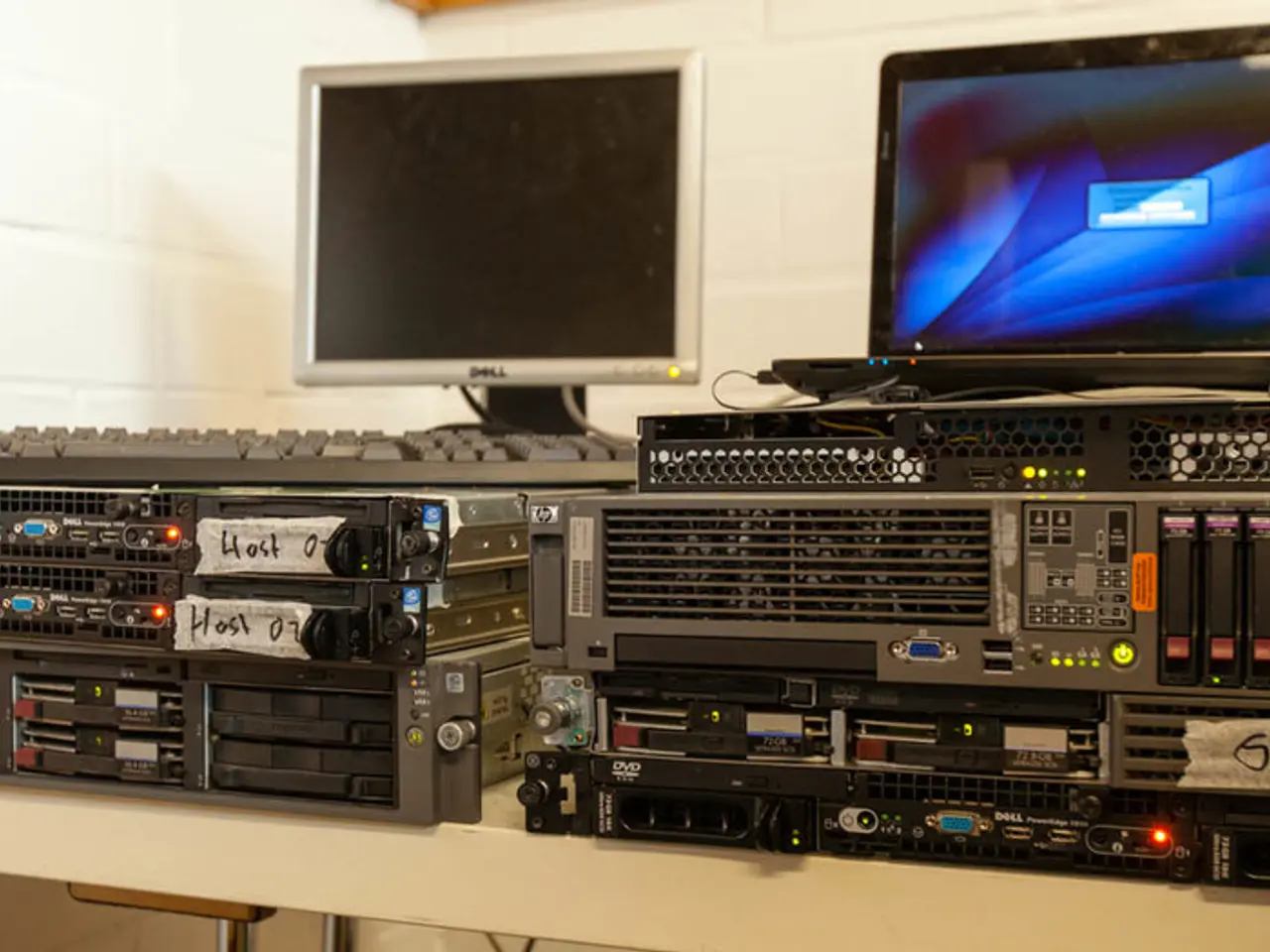AI-Driven Chatbots Simplifying Investment Decisions: Navigating the Boundaries
In the rapidly evolving world of finance, Artificial Intelligence (AI) is making a significant impact. The top AI chatbots, such as ChatGPT and various AI trading bots, are now essential tools for investors, offering assistance in financial research, market analysis, and trading decisions. However, it's crucial to understand the limitations these AI tools present.
These AI chatbots can provide general financial education, explain complex terms, research key figures, and even offer portfolio recommendations. They are based on language models trained with knowledge and can communicate in real-time through machine learning. Moreover, they are now easily accessible and often free in their basic version.
However, it's important to note that these AI tools lack personalized insights and regulatory oversight. They can't process real-time market conditions reliably without integration, and may produce confident but erroneous or overly generalized advice. AI systems can also produce "hallucinations" - plausible but false statements, especially with outdated data or overly complex questions.
AI trading bots, for instance, are limited in their reliability due to data quality and bias inherited from training data. They are vulnerable to security risks and can generate false trading signals. While they can automate stock or crypto trading based on algorithmic analysis, they often rely more on luck than superior AI algorithms for consistent profits. They also do not predict major, unexpected market disruptions effectively.
Experts caution that while AI chatbots are useful research and planning tools, they are not substitutes for licensed financial advisors or professional investment managers. The stakes are high in investing, and AI’s generic advice can lead to costly mistakes if blindly trusted. Most investors and professionals agree that AI will complement but not fully replace human financial guidance in the near future.
Specialized finance chatbots, such as FinChat.io, Financial Health Prototype, Quirion.AI, Rize Capital, and StockGPT, are also of interest. For instance, Quirion.AI, a virtual advisory offer presented by Quirion in 2024, draws on proven knowledge to avoid "hallucinations".
Robo-advisors like bevestor, Whitebox, Solidvest, and others implement concrete investment strategies based on personal inputs, in addition to analysis. They offer a digitally controlled portfolio that is continuously adjusted. For many investors, robo-advisors can be a useful supplement to pure analysis tools.
In conclusion, the top AI chatbots serve as valuable assistants for understanding financial concepts and processing data. However, investors should use these tools as starting points for research and always verify decisions with qualified financial professionals. AI can explain financial terms, research key figures, and provide portfolio recommendations, but it's essential to remember that human expertise remains indispensable in the world of finance.
AI chatbots can offer general financial education, explain complex terminology, research key figures, and even provide portfolio recommendations to investors. However, these AI tools lack personalized insights, are limited in their reliability due to data quality and bias, and may generate false or overly generalized advice.
AI trading bots can automate stock or crypto trading based on algorithmic analysis, but they often rely more on luck than superior AI algorithms for consistent profits. They are vulnerable to security risks and can generate false trading signals, failing to predict major, unexpected market disruptions effectively.




